Time For Tolerance: Education key to dispelling misperceptions of Islam
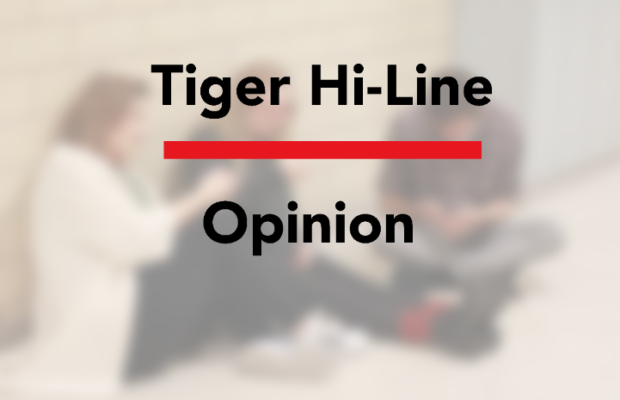
By Yoon Ki
Islam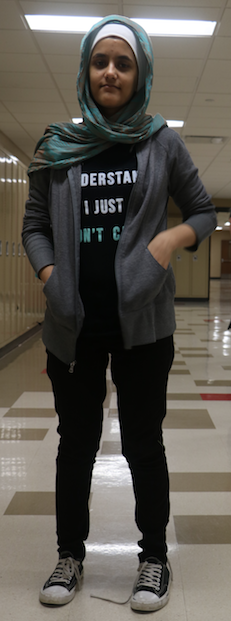 ophobia is closed-minded prejudice against or hatred of Islam and Muslims. An Islamophobe is an individual who holds a closed-minded view of Islam and promotes prejudice against or hatred of Muslims.
ophobia is closed-minded prejudice against or hatred of Islam and Muslims. An Islamophobe is an individual who holds a closed-minded view of Islam and promotes prejudice against or hatred of Muslims.
An estimated 3.3 million Muslims live in the United States, and between Sept. 11, 2001, and the end of last year, 344 have been involved in violent extremism, according to the Triangle Center on Terrorism and Homeland Security.
That number does not include attacks from this year, such as the shooting at an Orlando nightclub by Omar Mateen, who killed 49 people.
Still, violent extremists are outnumbered nearly 10,000 to one in the United States, which means that Omar Mateen is not the norm.
Students like Fatemeh Moosavi, a student at Peet Junior High, are. Despite statistics that say as such, a YouGov poll conducted in early 2015 found that 55 percent of surveyed Americans had an “unfavorable” opinion of Islam.
Moosavi is one of many victims to the stigma. Once, a student in the hallway pulled her friend aside to ask her if Moosavi was dangerous. Another time a different student attempted to pull her hijab back in the hallway. These actions can hurt.
“I feel unsafe,” Moosavi said. “ My mom especially gets very scared and refuses to leave the house or go to social events when she hears news of these things happening here, and I wish I could protect my family against unjustified hatred.”
Moosavi proposed that in order to help stop the stigma, we need to provide more subjective education on Islam and Muslims and the historical context and political circumstances behind terrorism in the MENA region.
“Most people don’t completely understand why and how the situation is happening, and that has led to the discrimination of Muslims in western countries.” Moosavi said.
Many hate crimes against Muslims are racially motivated. Brown people, even non-Muslim ones, often have to deal with the discrimination that comes with people assuming they are Muslim.
Not only does this ignore the racial, religious and cultural diversity of brown people, it stigmatizes a huge group of people based on racist stereotypes.
“We need to provide safe spaces for Muslims and brown people to discuss the discrimination they face, and non-Muslims need to listen to us,” Moosavi said. “Through respectful and proper solidarity, we can create a better future for all of us.”
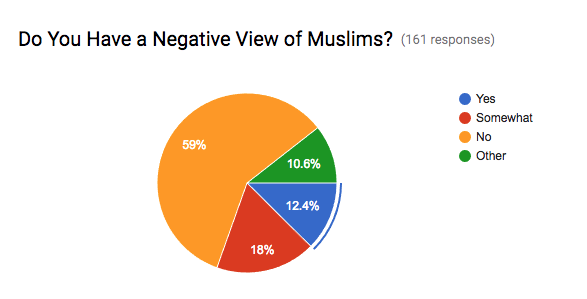
Peet Junior High percentage that say they have a somewhat or very unfavorable opinion of Muslims.


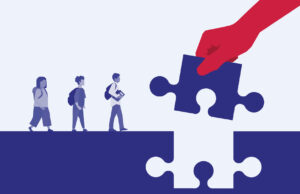


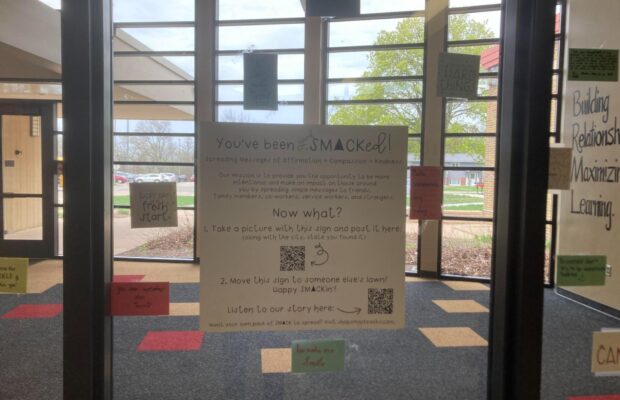




You must be logged in to post a comment Login